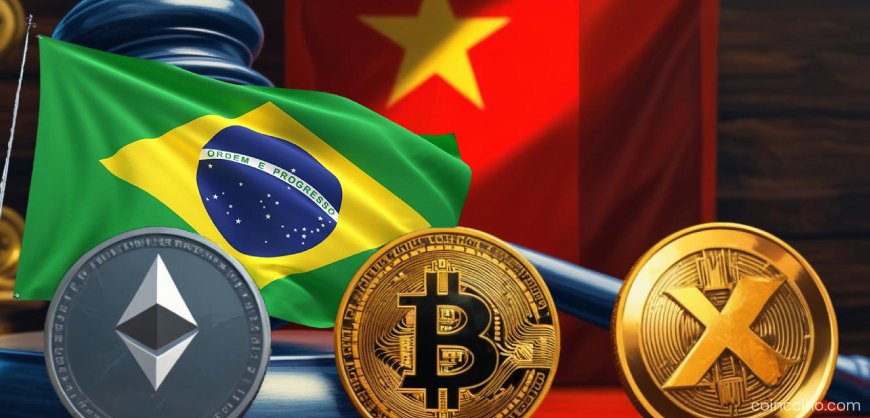Brazil & Vietnam Roll Out New Crypto Regulations to Shape Web3 Ecosystems
Vietnam has legalized crypto through its new Digital Technology Industry Law, effective January 2026. Meanwhile, Brazil is advancing innovation—like a spot XRP ETF and Bitcoin treasury—while implementing stablecoin transfer restrictions. These moves mark a global trend: regulation and growth can—and must—go hand in hand.

Vietnam: First-Ever Crypto Legal Framework
Vietnam's National Assembly has passed a landmark Digital Technology Industry Law, set to take effect on January 1, 2026. This law officially legalizes crypto assets—defining both “virtual assets” for investment and “crypto assets” validated via encryption—and brings them under a unified regulatory regime.
Under the new framework, the country will also implement anti-money laundering (AML) and cybersecurity measures in line with international standards. These steps aim to protect investors, attract foreign investment, and launch a regulated Web3 ecosystem, positioning Vietnam as a Southeast Asian crypto-friendly hub.
Brazil: Balancing Innovation and Control
In Brazil, authorities are simultaneously pushing crypto innovation forward while tightening rules. The central bank and lawmakers are exploring launches like:
- A spot XRP ETF,
- A strategic Bitcoin treasury bill,
- “Panda Bonds”—sovereign debt issued in Chinese yuan to reduce dollar reliance.
Meanwhile, the country is drafting new stablecoin regulations that would restrict transfers to foreign wallets—aimed at beating illicit capital moves while ensuring stability.
What This Means for Crypto
- Regulatory recognition: Vietnam's law is the first standalone crypto legislation in the region, enabling businesses to operate transparently.
- Investor confidence: Brazil's dual strategy—embracing digital asset innovation while strengthening guardrails—underscores a maturing regulatory approach.
- Global leadership: Both countries signal a shift toward mainstream crypto adoption, setting examples for regional regulatory modernization.